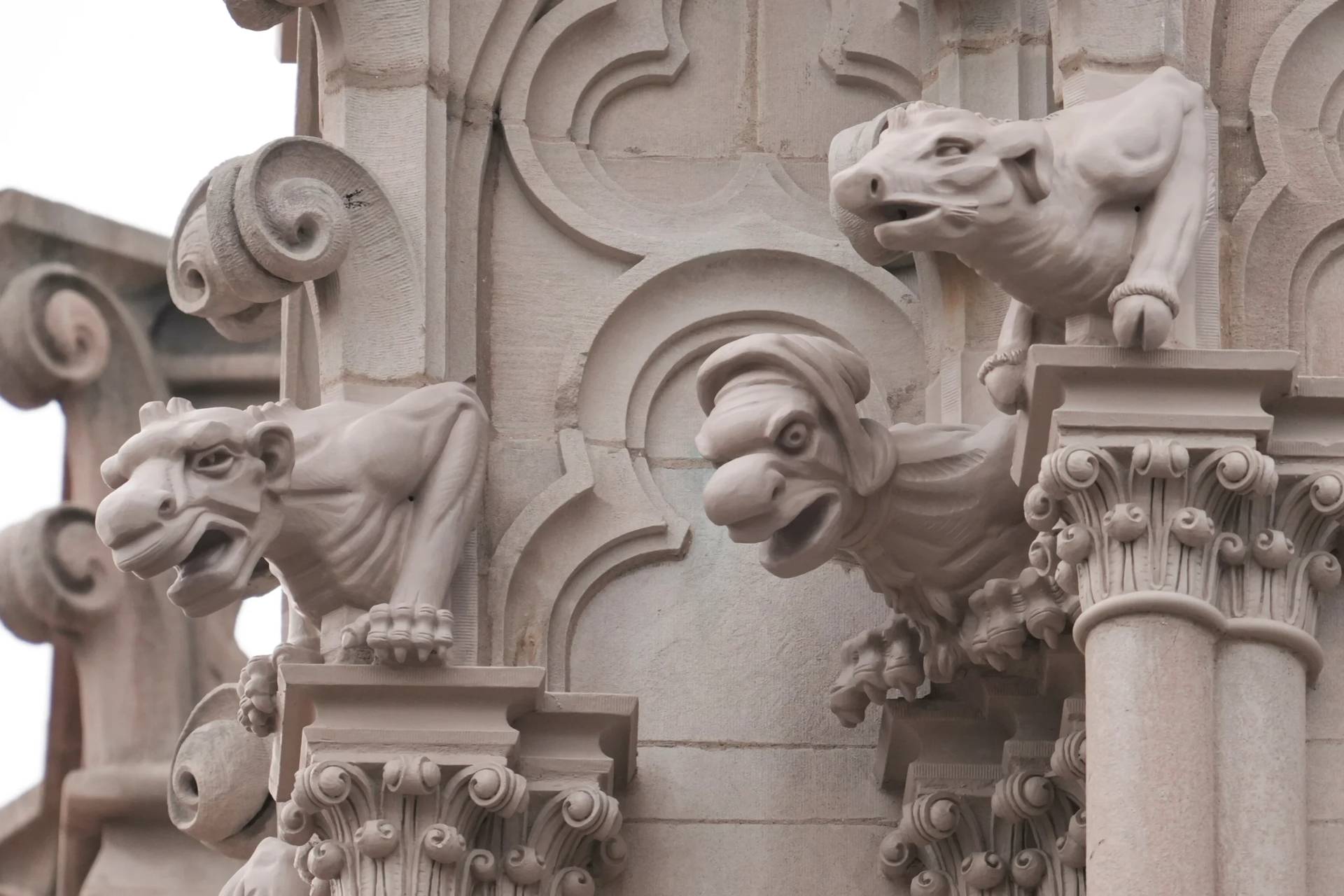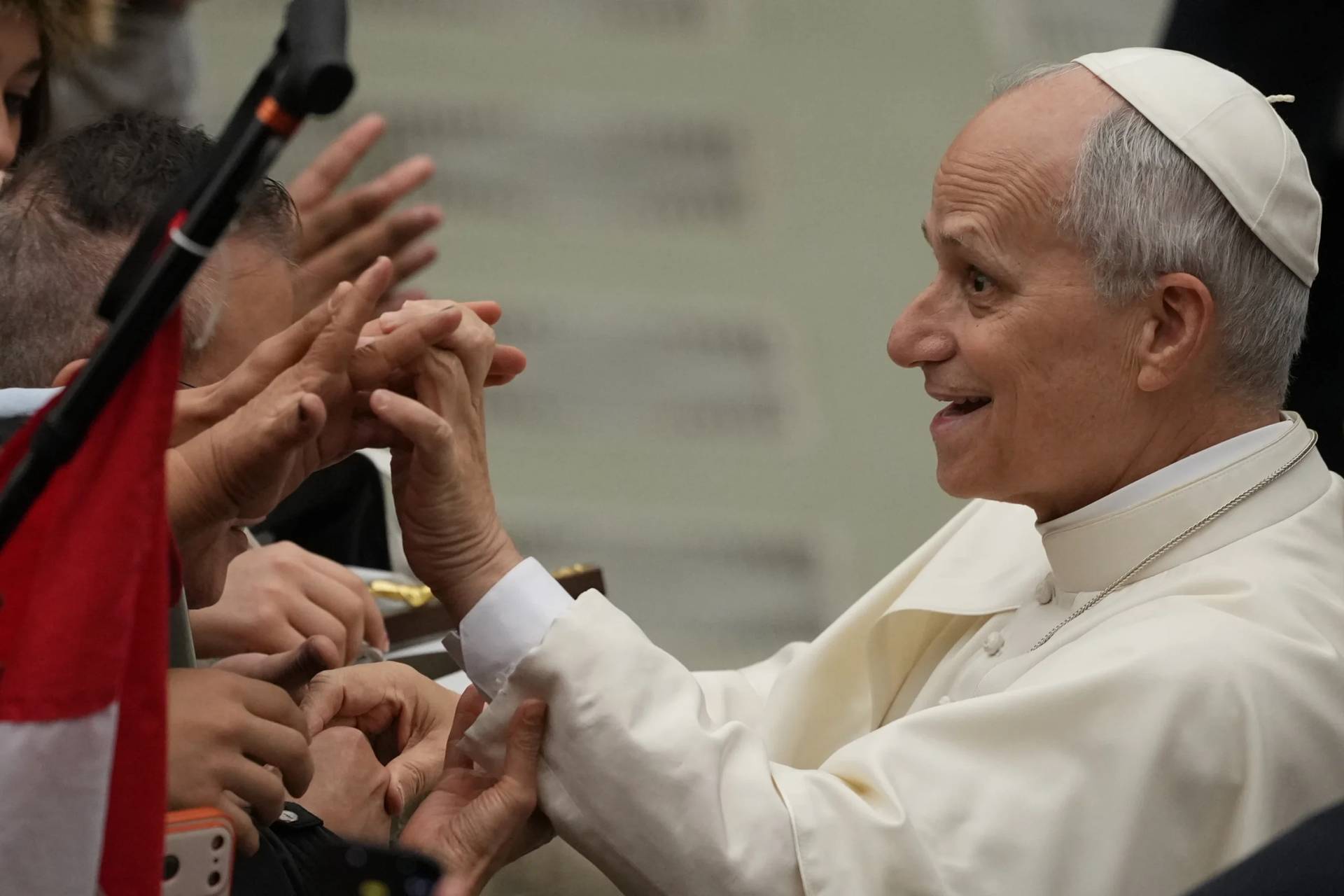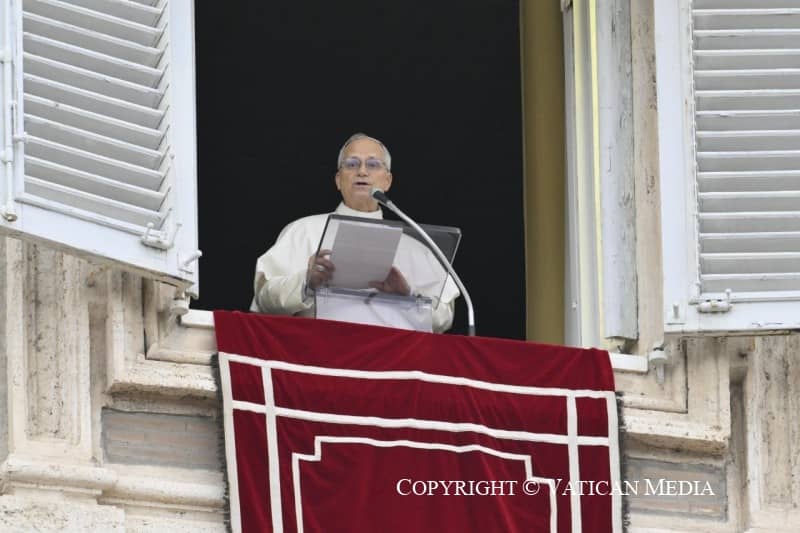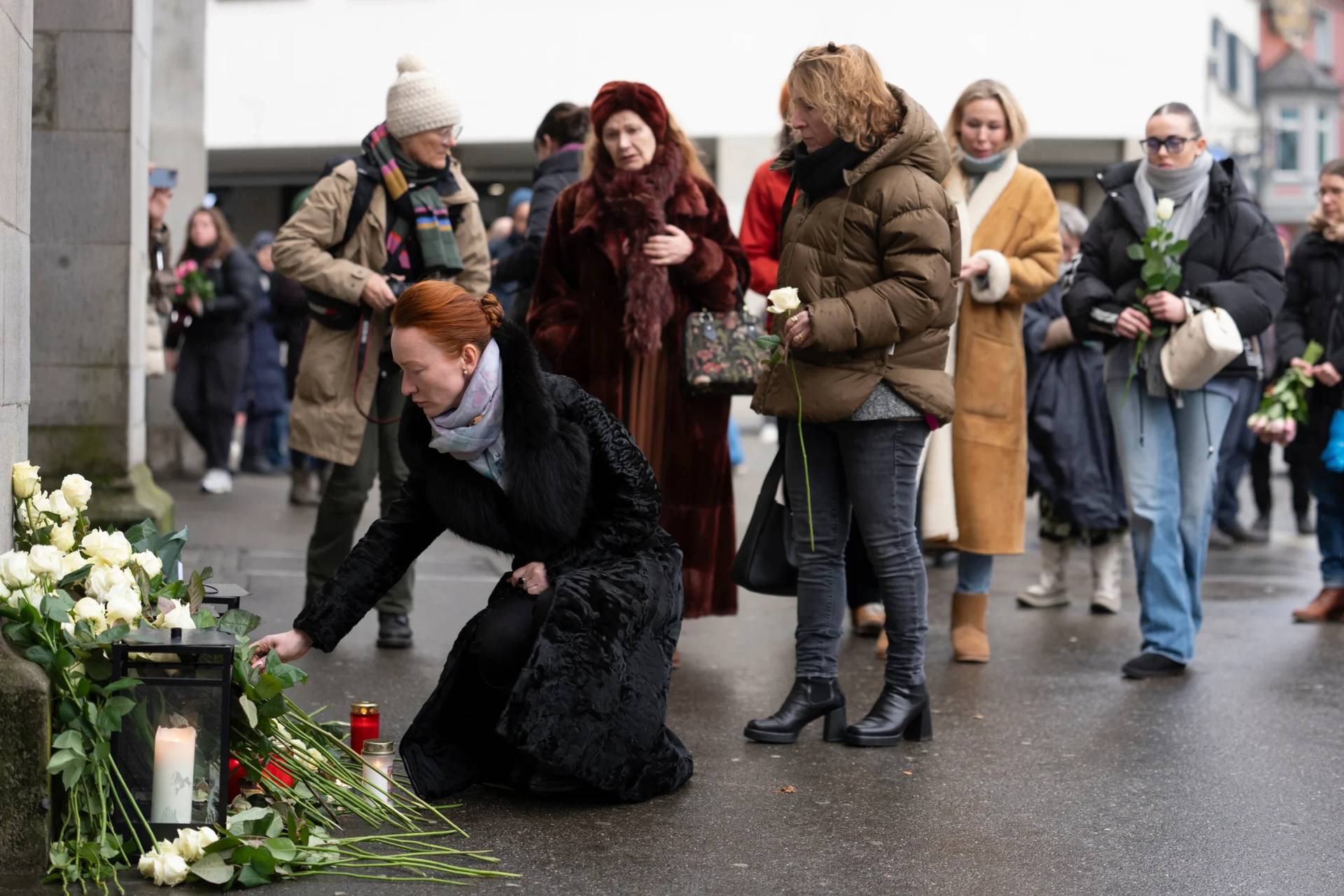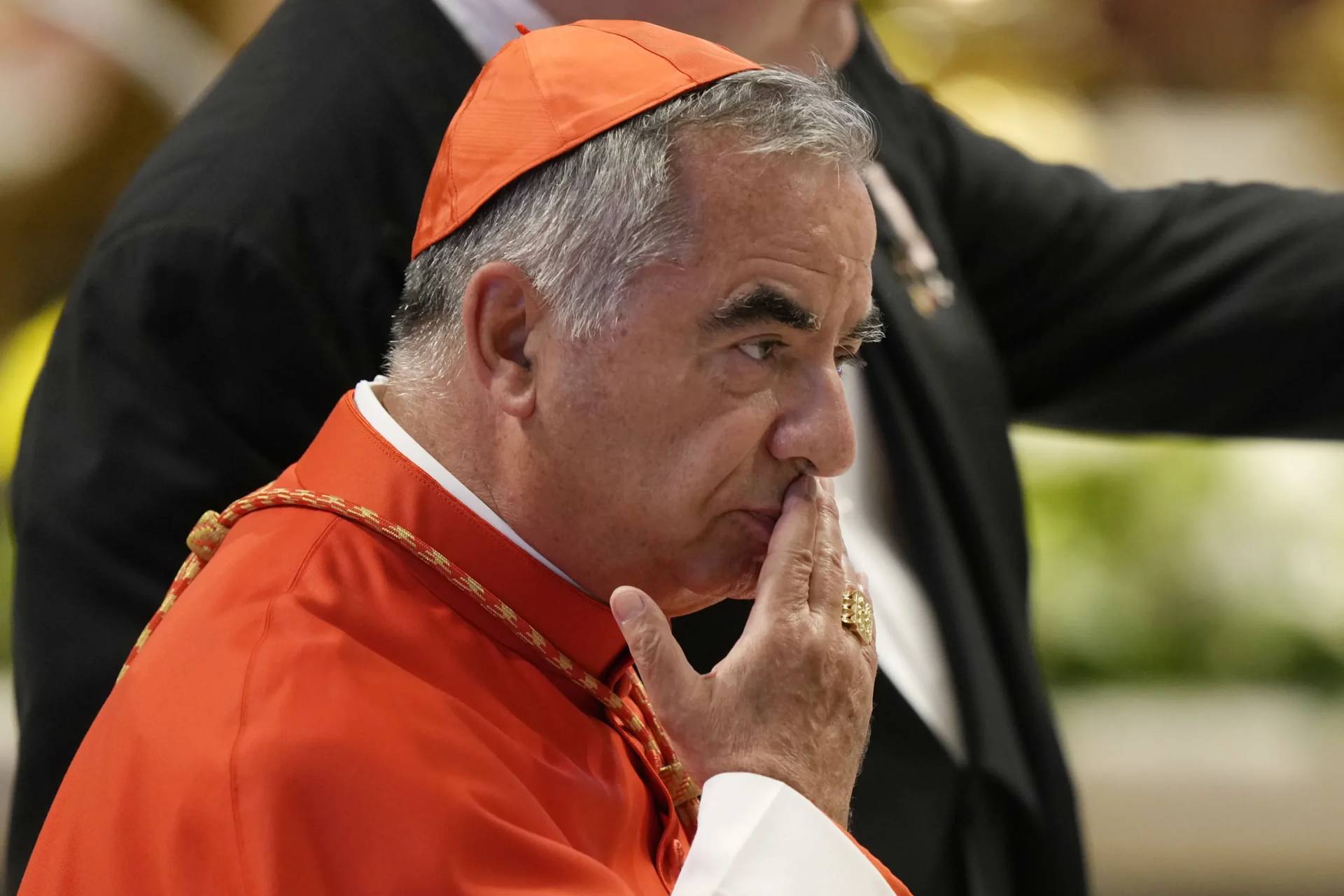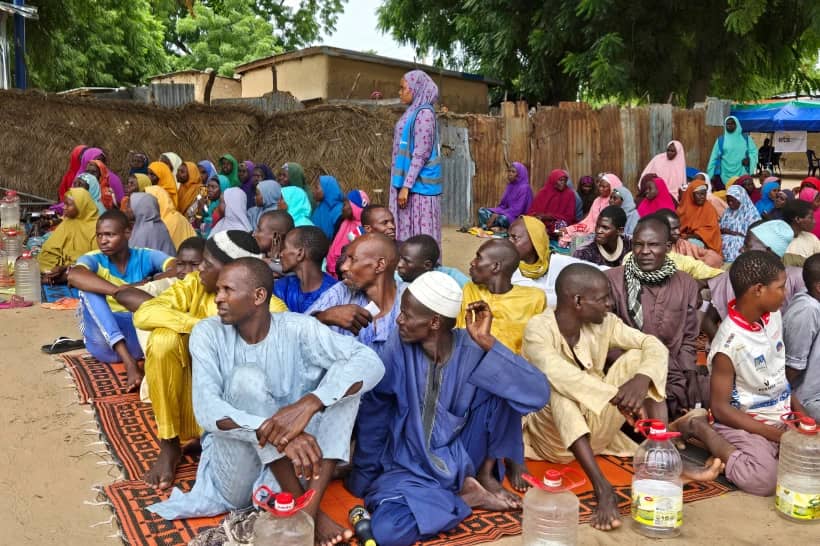ROME – In a special Mass celebrated for the Congolese community in Rome, Pope Francis urged citizens of the Democratic Republic of the Congo to let go of hatred and resentment over current violence and past wrongs, and to choose peace instead.
“Today, dear brothers and sisters, let us pray for peace and reconciliation in the Democratic Republic of the Congo, so wounded and exploited,” the pope said during his July 3 Mass.
He prayed that Christians in the country “may be witnesses of peace, capable of overcoming every sentiment of hatred and revenge,” and he warned against “the temptation that reconciliation is not possible, and any unhealthy attachment to one’s group that leads to despising others.”
Last year, the Congolese government placed two eastern districts under military rule due to escalating attacks by armed militias, including an ISIS-affiliated group called the “Allied Democratic Forces.” According to independent estimates, the group was responsible for more than 1,000 deaths in 2021.
Dozens of militias have remained active in Congo since the end of a major regional war in 2003, a conflict estimated to have caused more than five million deaths, mostly through disease and malnutrition.
Referring to the day’s Gospel passage describing Jesus sending his disciples out two by two, Pope Francis noted that Jesus tells them to enter each home they come across with the greeting, “peace on this house.”
“The Lord prescribes to present oneself, in any place, as ambassadors of peace,” he said, saying the distinctive sign of a Christian is that they are “a bearer of peace, because Christ is peace. From this we recognize if we are his.”
Peace, the pope said, is not an external force, but is something that “begins with us; from you and me, from the heart of each one.”
“If you live his peace, Jesus will come and your family, your society changes,” he said. “They change if in the first place your heart is not at war, is not armed with resentment and anger, is not divided, duplicitous, and false.”
By doing so, the pope said, “peace will dwell in your home, in your church, in your country.”
Pope Francis spoke during a special Mass for the Congolese community in Rome on the same day he would have celebrated Mass in the Congolese capital of Kinshasa if the trip had gone forward.
The Pope was scheduled to visit the Democratic Republic of the Congo July 2-5, and South Sudan July 5-7. However, he was forced to postpone the trip less than a month in advance due to ongoing troubles with his knee, which in recent weeks has confined him largely to a wheelchair.
The pope sent his Secretary of State, Italian Cardinal Pietro Parolin, on a July 1-8 visit to the two countries in his place, and he organized Sunday’s Mass as a sign of closeness to the Congo.
In his homily, the pope said that the day’s Gospel passage illustrates the role of Christians as missionary disciples and offers three “surprises” that Jesus provides to assist in the fulfillment of this mission.
In addition to giving his disciples the “message” to bring, which is that of peace, Jesus also offers his disciples both the tools required and a “style” necessary to accomplish their mission, he said.
Rather than telling his disciples what to take with them, Jesus instead tells them what not to take when he says not to bring a purse, a sack, or sandals, Francis said, noting that oftentimes Christians believe “that our ecclesial initiatives do not work properly because we lack structures, money, and means: This is not true.”
Jesus underlines the importance of community and brotherhood by sending them out two by two, the pope said, insisting that “there is no mission without communion. There is no announcement that works without taking care of others.”
“We can ask ourselves: as a Christian, do I think more about what I lack to live well, or about getting closer to my brothers and sisters, about taking care of them?” he said.
Pope Francis said Jesus also tells his disciples what attitude they are to have when he tells them to go out “like lambs in the midst of wolves.”
Common sense would seem to say the opposite, and to impose oneself so as to excel, he said, but cautioned that this is a worldly view, and that Jesus “requires lambs, not wolves.”
To be like lambs does not mean to be naïve, he said, but “to abhor every instinct of supremacy and oppression, of greed and possession.”
“Whoever lives as a lamb does not attack, is not voracious: He is in the flock, with others, and finds security in his shepherd, not in strength or arrogance, in greed for money and goods that cause so much harm to the Democratic Republic of the Congo.”
A true disciple of Jesus rejects violence, and “does not harm anyone but loves everyone,” Francis said, noting that Jesus himself is “the Lamb of God who thus conquered the world, on the cross.”
“Let us ask ourselves – do I live like a lamb, like Jesus, or like a wolf, as the spirit of the world teaches, which is the spirit that leads to war?” he said, and asked God for the grace of being good missionaries.
Follow Elise Ann Allen on Twitter: @eliseannallen








